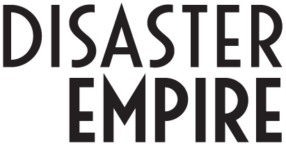
How I got my start in resilience
Women in resilience leadership need increased recognition. Many of you have asked me how I got into business continuity. Like others, I never thought of this as a career in school. Instead, I saw an opportunity to do good and jumped at the chance to impact people’s lives positively.
After 9/11, my life changed when the Red Cross hired me to lead the Mental Health Intake Unit for the September 11 Recovery Program in NYC. If you are interested in learning more about my resilience journey, I encourage you to read my Twenty Years Post-September 11: A Personal Resilience Journey blog. My ARC experience started me on the path to resilience and leadership in business continuity.
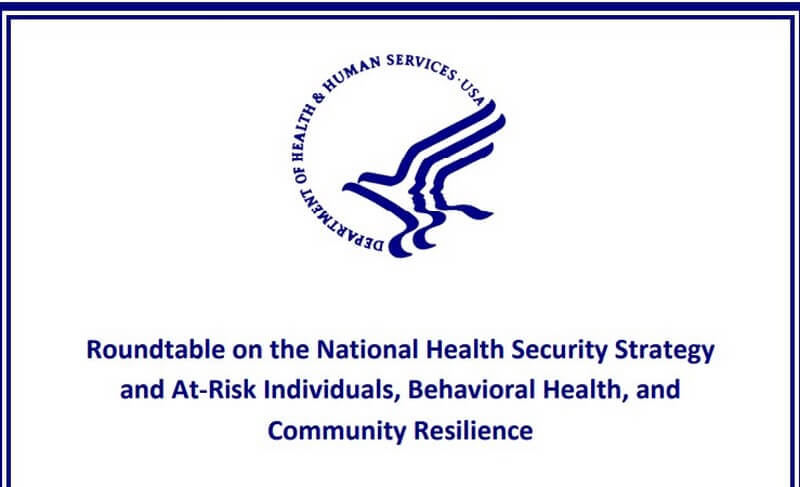
Woman in continuity
After the Red Cross, I joined the Massachusetts Department of Health (DMH) and served as the Director of Emergency Services. I worked with several administrations as the MA Disaster Behavioral Health Coordinator to SAMHSA. I developed the first Continuity of Operations (COOP) plans with the Executive Department of Human Services. Part of my role was to liaison with the Massachusetts Emergency Management Agency (MEMA) for crisis response.
Another critical role was with SAMHSA, coordinating psychological first aid after disasters. The program enabled me to work with diverse people, including Dr. Kermit Crawford and his team at the Center for Multicultural Mental Health. The work forced me to grow beyond my comfort zone. I also partnered closely with the MA Dept. of Public Health’s Office of Emergency Preparedness and MEMA. It enabled me to manage doctors, clinicians, consultants, and state staff.

Overcoming adversity no matter where you are
My experiences were both challenging and rewarding. It was not often that women held leadership roles in emergency management. However, I had the fortune of working with several. Cristine McCombs and Christine Packard led MEMA during that time. I also partnered closely with Elizabeth McDonald of the Red Cross on multiple disaster recovery efforts. I learned the power of persuasiveness, confidence in presentation, strength in leading teams, and a determination to persevere.
When I moved into the private sector and business continuity, I went from a trusted agent to a complete unknown. I lost the standing built up over years of successful program administration. And, moving into a junior role in a large company was a calculated risk. In the beginning, it was not easy.
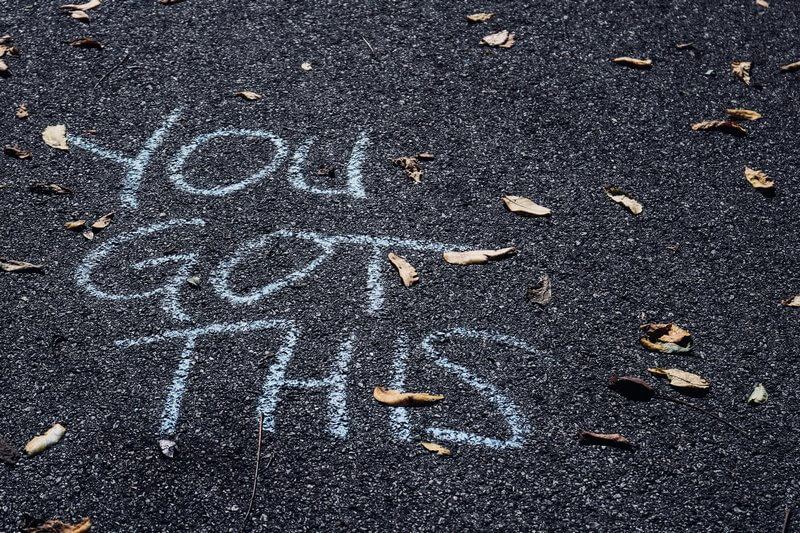
Learning to embrace authenticity
I learned quickly that my COOP background and DRI International certification only got me so far. Although I knew that every company executed business continuity differently, I did not plan for the resistance I faced. My early experience in the corporate world often beat down my confidence in my abilities.
It took an investment in personal growth outside of the workplace to overcome the blows to my self-esteem. I began my blog, DisasterEmpire.com, to give back and share expertise not leveraged in my day-to-day work. My interest in health and wellness also grew at that time. Additionally, I began to network with women I admired in our field, like Tracey Forbes Rice of Fusion Risk Management.
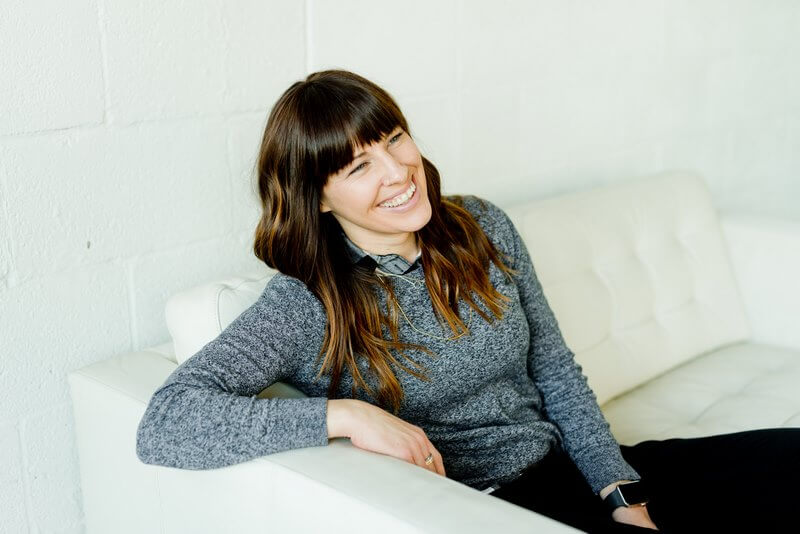
Reflections for other women in resilience
One of the challenges I experienced when I got into this work was that it was still primarily men. Many of them came into business continuity from an IT, Emergency Management, or law enforcement background. They brought that narrow lens. Today, many more women are involved, and there are even dedicated forums like the BCI’s Women in Resilience to support, network, and attract more females to the industry.
I never felt excluded but was typecast into disaster recovery. At first, people were perplexed when I switched to the private sector. Still, I saw it as a natural path to focus on Continuity of Operations. I learned fast and believed that business continuity planning is not a luxury but a necessity for all businesses—large or small.

Guidance on building your personal brand
Fortunately, I have a glass-half-full personality. My outlook is always to try to make the best of every situation. However, I recognize that I need to make moves to grow at critical times in my career. Two tips are to commit to being a life-long learner and invest in your network. Try new things like presenting at conferences or webinars.
Whether seeking out new roles or changing career direction, it is essential to be willing to challenge yourself. So, I recommend giving your all at work and building your brand. It is crucial to volunteer for new opportunities if you want to advance. Find a coach, a group of like-minded women, join an exciting project, or become a mentor.
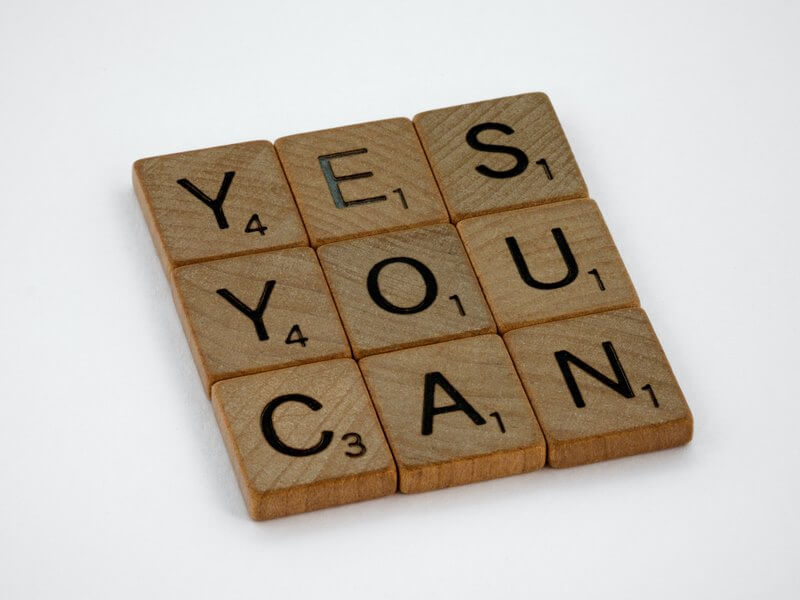
Career recommendations
It is essential to identify your strengths and leverage them while learning new things. I also advise understanding that there is no single recipe book for business continuity and crisis management. Every company or colleague I engage with does it a little differently. So, be prepared to be flexible to adjust to the needs of where you work but continue to advocate to close known gaps.
Last, as women, one area of deficiency I see is that we do not advocate well for ourselves. I recommend leadership expert Susan Colantuono’s excellent Ted Talk on The Career advice you probably didn’t get. It should be required viewing for all women starting their careers. We often excel at giving it all but not always demanding what we’ve earned.

Final thoughts on women leaders in resilience
COVID has provided us with an opportunity to prove our value. As women, we bring traits to the table in high demand for resilience. Women shine at leading and engaging in teams. We have both soft and hard skills that are in demand. Additionally, we are good at multi-tasking, strong communicators, and motivated by challenges.
Women value work-life balance, an area that due to COVID is finally become recognized in the workplace. As practitioners, I believe we can positively impact the future of our profession by bringing our A-game to our homes and work. Finally, we should leverage our best attributes of integrity, accountability, empathy, humility, and vision.
